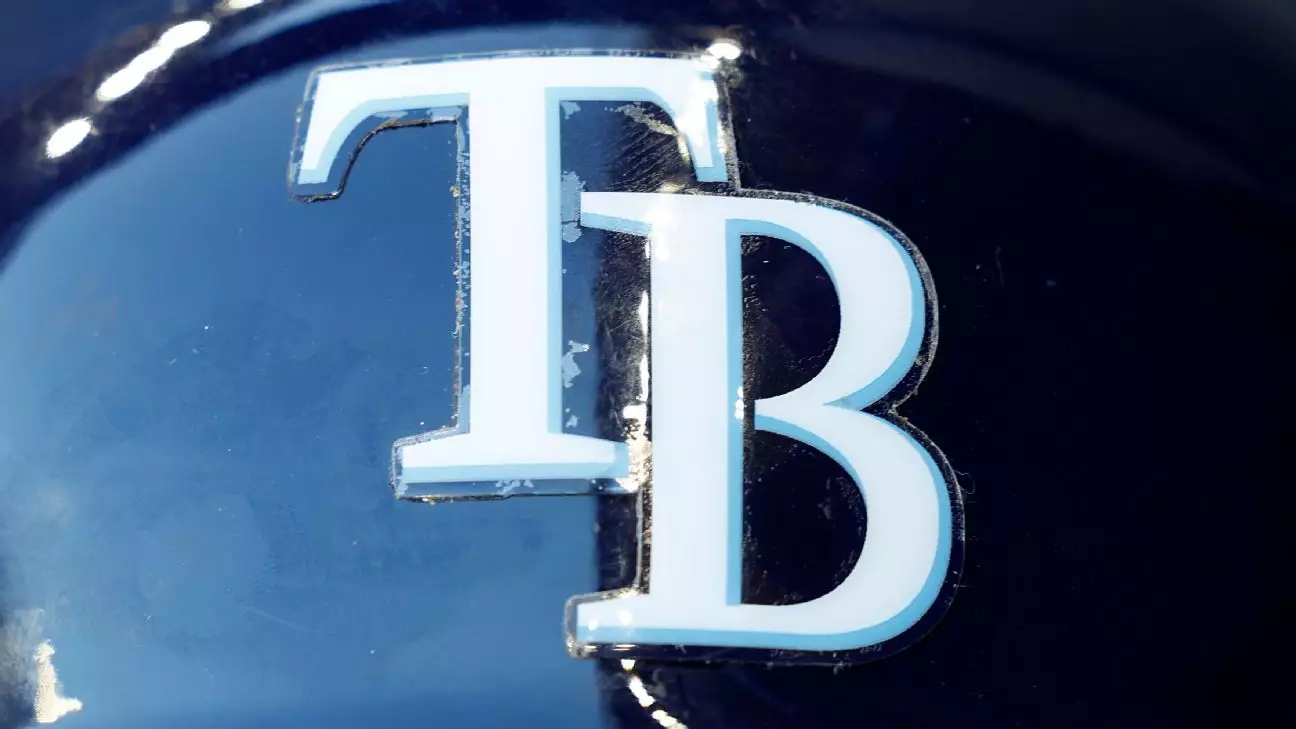As the deadline approaches for the Tampa Bay Rays to decide on their commitment to a $1.3 billion stadium, tensions are brewing between the team and the Pinellas County Commission. Originally approved with a majority vote in July, the project now faces serious uncertainty, urging the stadium’s construction to come into question. Kathleen Peters, the Chairperson of the Pinellas County Court Commission, has taken a direct approach by issuing a letter to Rays executives Brian Auld and Matt Silverman. In this correspondence, Peters emphasized the need for a definitive answer from the Rays by Sunday. This timeline creates an atmosphere of urgency that complicates negotiations and elevates concerns about the Rays’ future in the region.
The situation escalated when the Rays’ leadership communicated their unwillingness to proceed with the stadium deal. Their recent correspondence alluded to a need for alternative solutions within the area, raising alarms about their commitment to staying put. In troubling financial projections, the team indicated that even though they have incurred expenses exceeding $50 million for the stadium’s development, they might not be able to absorb the costs linked to delays. They further argued that a completion date of 2029 would escalate the financial burden, which they insist they cannot shoulder alone.
The Rays’ assertions were met with skepticism and rebuttal from Peters, who labeled the team’s claims regarding the impracticality of a 2029 completion date as misleading. This dispute highlights the fractures in negotiations and illustrates the challenge of balancing the interests of the franchise against those of the county. Furthermore, she pointed out that the bonds necessary for financing the stadium could be finalized as late as March 2025, contradicting the Rays’ argument that the project is effectively stalled.
The disagreement reveals a broader context of blame; while the Rays place responsibility on the county for halting progress, Peters has been vocal about the Rays’ commitments to the community. She insisted that any additional financial implications stemming from the project should be borne by the team itself. In this context, it becomes apparent that both parties have divergent priorities, complicating the dialogue significantly.
Meanwhile, the physical space where the Rays traditionally play their home games, Tropicana Field, suffered damages from Hurricane Milton, forcing the team to find a temporary solution for the upcoming season. They have decided to relocate their home games to Tampa’s George M. Steinbrenner Field. This shake-up adds yet another level of uncertainty, as the team must adapt to a new environment while navigating the ongoing negotiations with county officials.
While playing at a different venue could affect attendance and fan engagement, it raises the stakes for the Rays – not just in terms of fan loyalty but in their ongoing negotiations for a stadium in Pinellas County. The team’s commitment to stay in the Tampa Bay area has been questioned, provoking speculation about their long-term plans.
It is evident, however, that the stakes are not limited solely to the Rays. The Pinellas County Commission is keenly aware of the implications of their decision on the local community. In her correspondence, Peters highlighted the county’s efforts to navigate the fallout from consecutive hurricanes while striving to uphold commitments made during the initial discussions surrounding the stadium. It presents a narrative of a community that desires to uplift its local sports franchise as a cornerstone of regional pride and economic activity.
The ongoing situation embodies a critical juncture for both the Tampa Bay Rays and the Pinellas County Commission. The Rays have until December 1 to clarify their position, and the implications of their decision could reverberate throughout the local economy and the collective spirit of the community. With a plausible solution still on the horizon, stakeholders must engage in constructive dialogue and counter the narrative of stagnation that has emerged from this discord. As both sides work through their differences, the future of baseball in the Tampa Bay area hangs in the balance, making the coming weeks crucial for the franchise and the community alike.


Leave a Reply